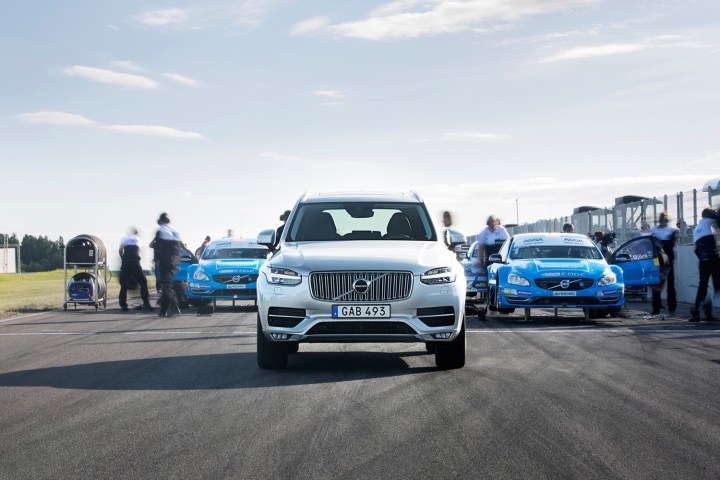
The new Volvo XC90s are priced at $46,900 each at American dealers, and should be in Uber’s hands sometime between 2019 and 2021. This marks the first commercial purchase from a ridesharing firm, as per a Volvo statement. To ensure that the SUVs meet autonomous standards, Uber will be outfitting the cars with their own sensors and self-driving software.
“This new agreement puts us on a path toward mass-produced, self-driving vehicles at scale,” Jeff Miller, Uber’s head of auto alliances, told Bloomberg News. “[With] more people working on the problem, we’ll get there faster and with better, safer, more reliable systems.”
While Uber has yet to announce when passengers might expect to climb into a car with no driver, it did note that its approach to autonomous technology ought to mean that anyone in the industry will have the capacity to “deploy its tech,” moving the entire auto realm toward a driverless future. However, challenges remain for this vision — most notably, self-driving cars have yet to master the use of hand signals and eye contact that humans often employ to navigate traffic.
Uber first struck a deal with Volvo almost two years ago, when it pledged to work closely with the Swedish automaker to bring self-driving technology to their cars. While Uber has partnered with a number of software and hardware manufacturers, much of the technology has been developed in-house, the same strategy employed by other ridesharing companies like Lyft.
“Everything we’re doing right now is about building autonomous vehicles at scale,” Miller told the New York Times. “We don’t know exactly how an autonomous world will look. But we know that we want to be the platform that’s at the center of it, from a ridesharing standpoint.”


